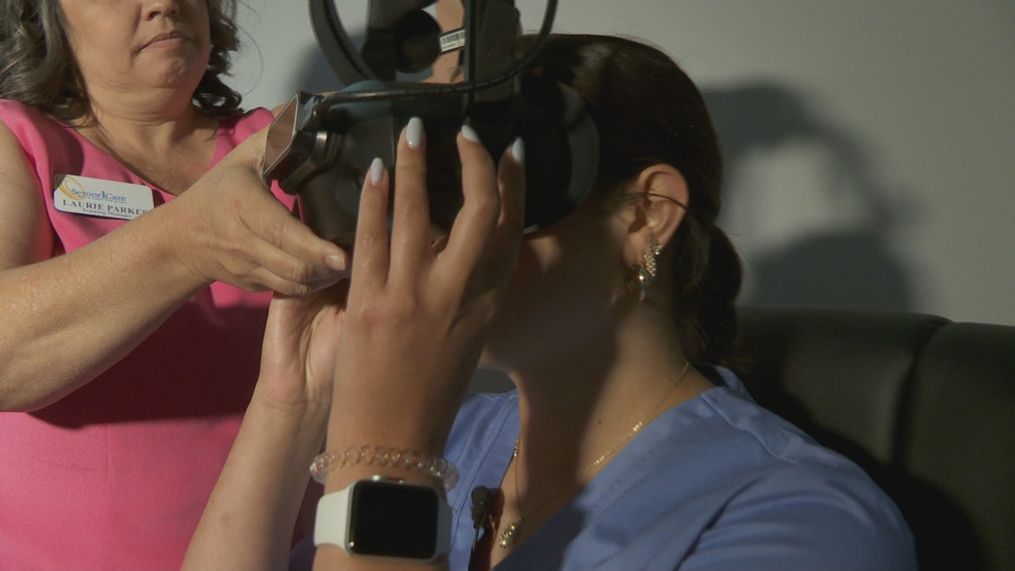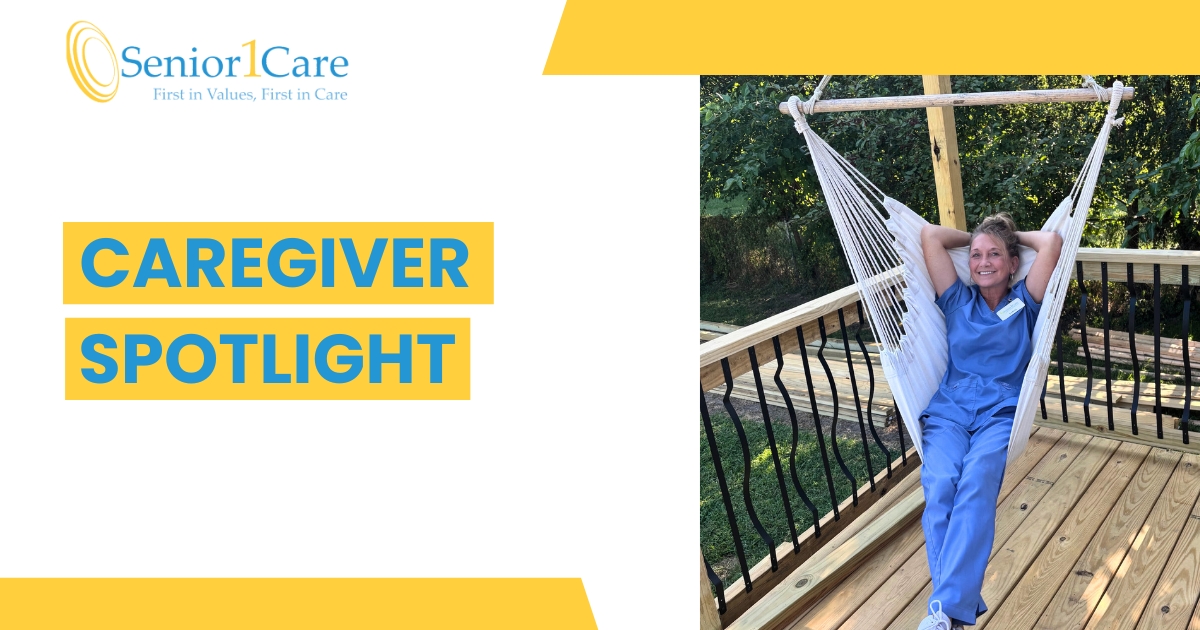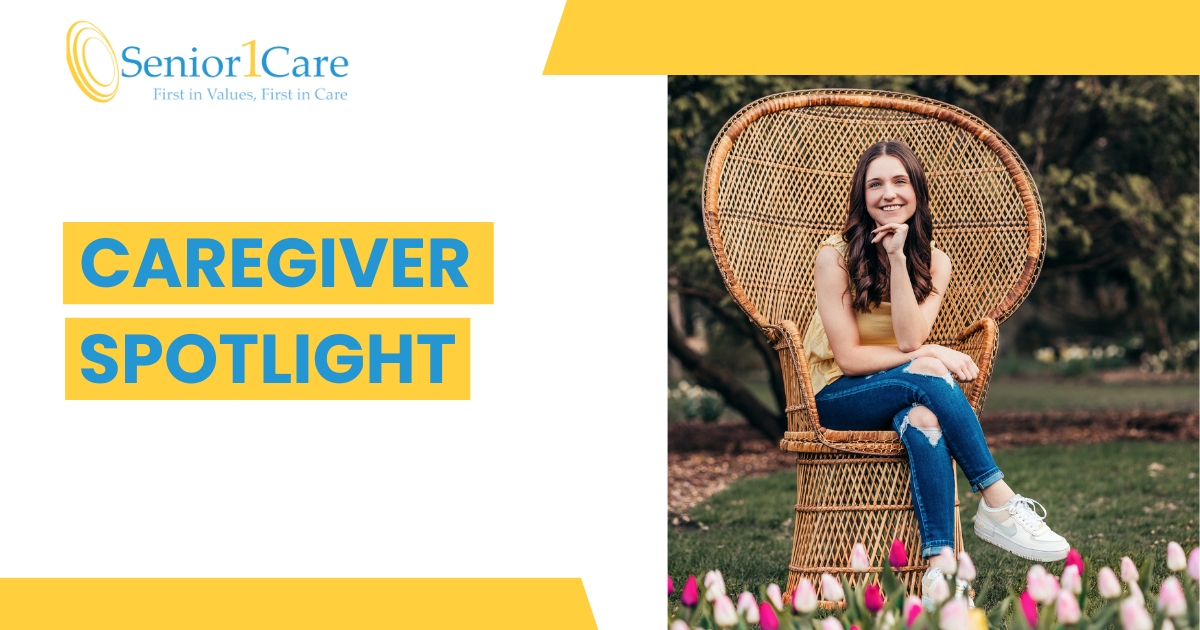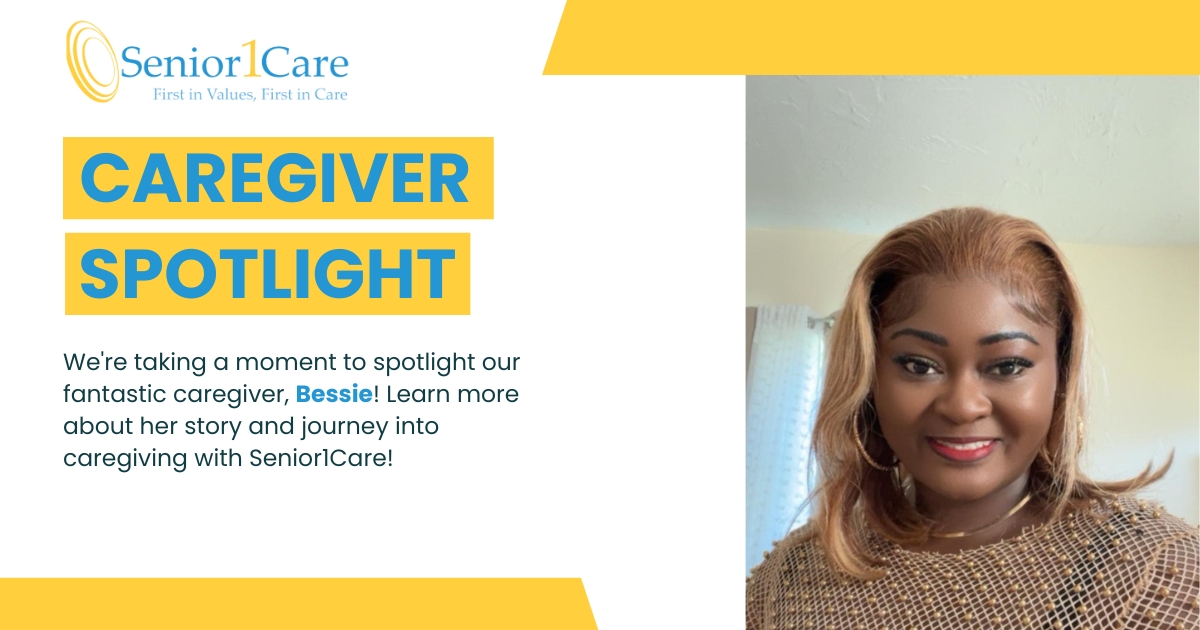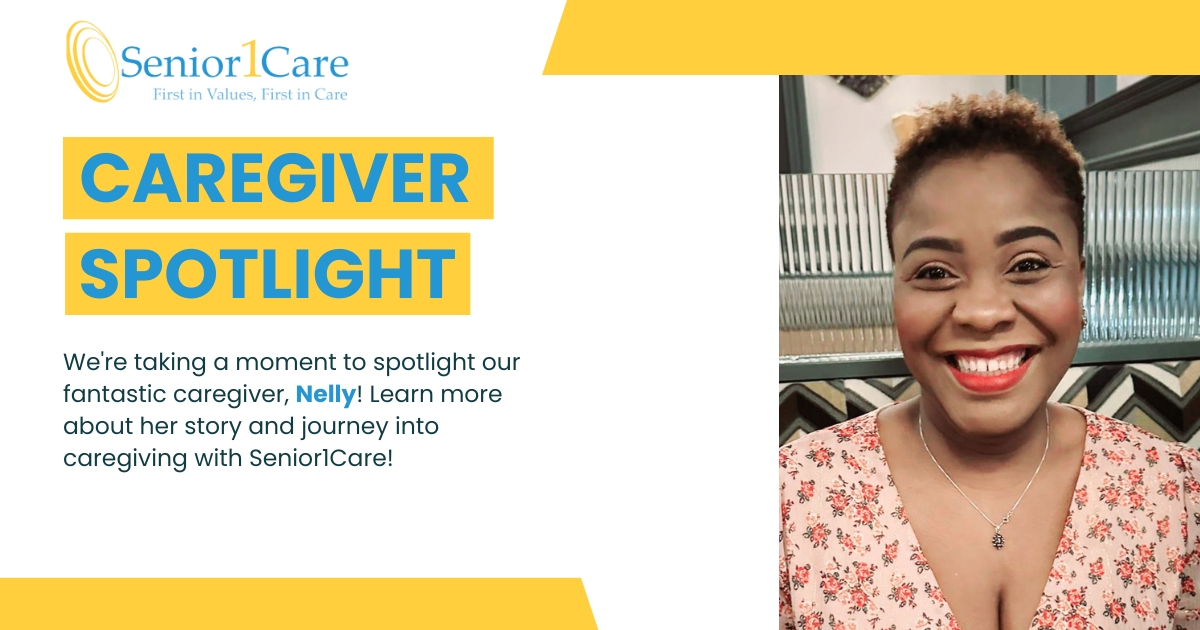Senior1Care has been using virtual reality (VR) as part of its training program for the past four years. The VR training allows caregivers to experience the world from the perspective of someone with macular degeneration, an eye disease that causes impaired vision.
This is one of several training modules available at Senior1Care. The decision to incorporate VR into the training program was made to help caregivers process and manage the emotions that come with caring for others. By experiencing the challenges firsthand through VR, caregivers can better understand and provide personalized care without becoming overwhelmed emotionally.
The VR training is not only beneficial for employees but also for family members of patients with conditions like dementia, Alzheimer’s, or those nearing the end of life. Wearing the VR headset allows family members to gain a deeper understanding of what their loved ones are going through.
The VR experience aims to create an “aha moment” for them, helping them to connect with the patient’s experience. Each caregiver at Senior1Care receives four hours of VR training in addition to their regular curriculum.
The following story originally appeared on WSBT22
Reported on by Lynnette Grant, WSBT 22 Thu, May 18th 2023, 4:25 PM EDT
MISHAWAKA, Ind. (WSBT) — When we think of virtual reality, video games first come to mind.
But a local healthcare company is using it as part of their training process.
Senior1Care in Mishawaka started using virtual reality as a part of their training four years ago.
In that time, they have evolved how they care for their patients and their families.
Caregivers can experience the world as someone with macular degeneration, an eye disease that impairs sight.
Caregivers can experience the world as someone with macular degeneration, an eye disease that impairs sight. (WSBT Photo)
It’s one of a handful of training modules available at Senior1Care in Mishawaka using virtual reality.
When it first arrived, current training manager Laurie Parker was a caregiver, and she was emotional.
“And after walking through it and experiencing what it was like to be a part of the hospice experience, I ended up sobbing,” said Laurie Parker, Senior1Care Training Manager.
The decision to use virtual reality to supplement training was a way for caregivers to process and handle the emotions one experiences when caring for someone else.
“Getting the emotion out now doing the labs really helps so you can give an extended personal level of care when you’re with the patient or client instead of getting emotional with the client, because that just confuses them even more,” said Victoria Tellez, Caregiver.
The sensory experience isn’t just for the employees.
Executive Director Lori Allen says it’s a way that family members of those with conditions like dementia, or Alzheimer’s, or even getting close to needing end of life care, can understand more of what is going on.
“When we have them wear the set and actually go through one of these labs, they walk away with a little bit more of an aha moment. Things start to really connect for them,” Lori Allen, RN Senior1Care Executive Director.
With the headset on, you’re immersed in a world where things are scary and different for those needing help.
But to the caregivers, the ones who want to help, it’s an eye-opening experience, from those with decades of experience to those just starting their career.
“If you can’t understand them, then you can’t really provide for them at the level that they need, so being able to understand really helps,” said Tellez.
Each caregiver receives four hours of virtual reality training in addition to their curriculum.

